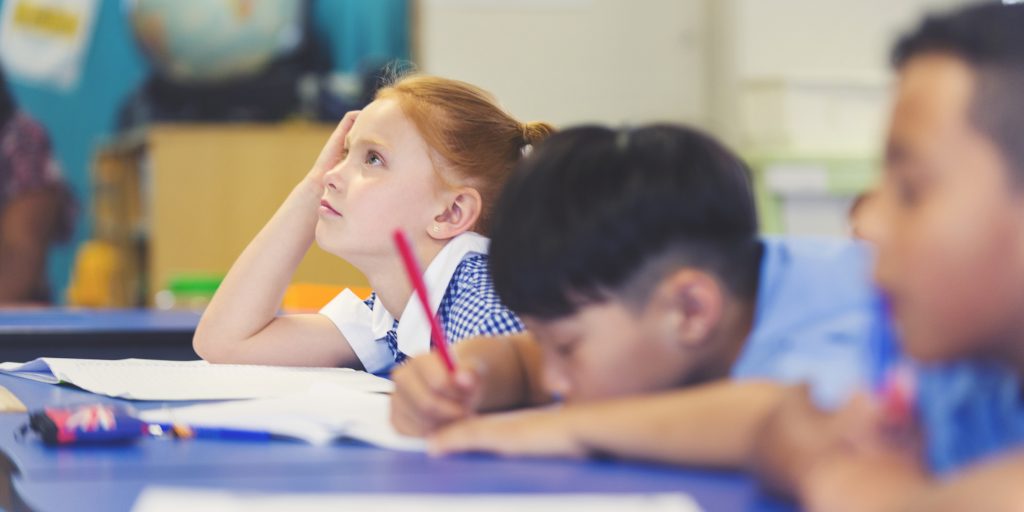If your child has been diagnosed with ADHD, you’re likely feeling a little overwhelmed with all the information out there. You’re desperately trying to figure out what to do to help your child cope with his or her condition.
ADHA, or attention deficit hyperactivity disorder, is a complex disorder that can affect everything from how well your child performs at school, to their relationships. As a parent, you want to do everything you can to help your child and minimize their symptoms.
This article will help you answer the question “what do you do when your child suffers from ADHD?” and how you can help your child navigate life with this disorder.
Signs of ADHD
There are a number of signs and symptoms that are indicative of ADHD. Whether your child has been officially diagnosed with this disorder, or you have an inkling that he or she may have it, here are the top symptoms:
- Self-focused behavior
- Interrupting when others are talking
- Difficulty waiting for their turn
- Fidgetiness or difficulty sitting still
- Difficulty controlling their emotions
- Lack of focus
- Daydreaming
- Difficulty getting organized
- Forgetfulness
Your child may suffer from one or many of these symptoms. If you feel that your child is exuding unusual symptoms that are interfering with their ability to function normally, talk to your doctor about treatment options.
ADHD Treatment
The good news for parents with children who suffer from ADHD is that it’s treatable. There are many current medications that are used to treat symptoms of ADHD, but researchers are working on new medications to act as an add-on drug that further controls impulses and outbursts.
Clinical trials are being conducted right now to research the effectiveness of new treatments for ADHD that can help children who suffer better manage their condition and their behavior. If your child has been diagnosed with ADHD, check to see if there any research studies near you, your child could have access to cutting edge medication and specialists.
Traditional treatment methods include:
- Central nervous system stimulants (Adderall, Ritalin, etc.)
- Nonstimulant medications (anti-depressants)
- Psychotherapy
- Behavior therapy
- Social skills training
- Support groups
Your child’s doctor will recommend the best treatment for your child and his or her specific symptoms of ADHD.
How Parents Can Help
Although you may be feeling confused and overwhelmed with your child’s diagnosis, it’s imperative that you remain calm and do what you can to minimize the stress both you and your child are feeling.
Aside from taking your child to his or her doctor to get their professional advice and treatment recommendation, ask about clinical trials for children with ADHD and see if your child would be a good candidate.
This is a heavily researched aliment, and researchers believe they can find better ways to treat symptoms.
It’s also important that you take care of yourself during this difficult time so that you can best care for your child and their needs. There are parent support groups and counseling that focus on helping parents of children with ADHD to cope with their diagnosis.


